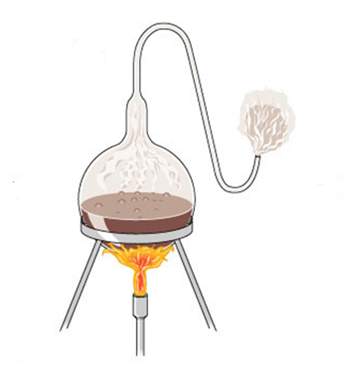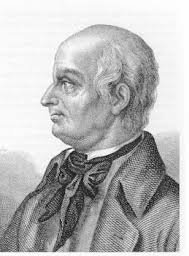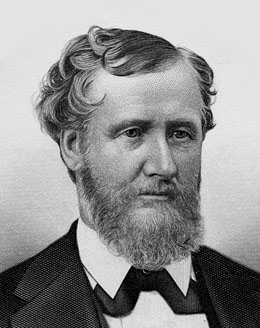Spontaneous generation (abiogenesis) is the mistaken hypothesis that living organisms are capable of being generated […]
Tag: abiogenesis
ABBE LAZZARO SPALLANZANI (1729-1799)
Lazzaro, an Italian naturalist criticized John Needham’s work on spontaneous generation. In 1769, he performed […]
JOHN NEEDHAM (1713-1781)
John Needham is the English scientist who performed experiments on spontaneous generation or abiogenesis in […]




